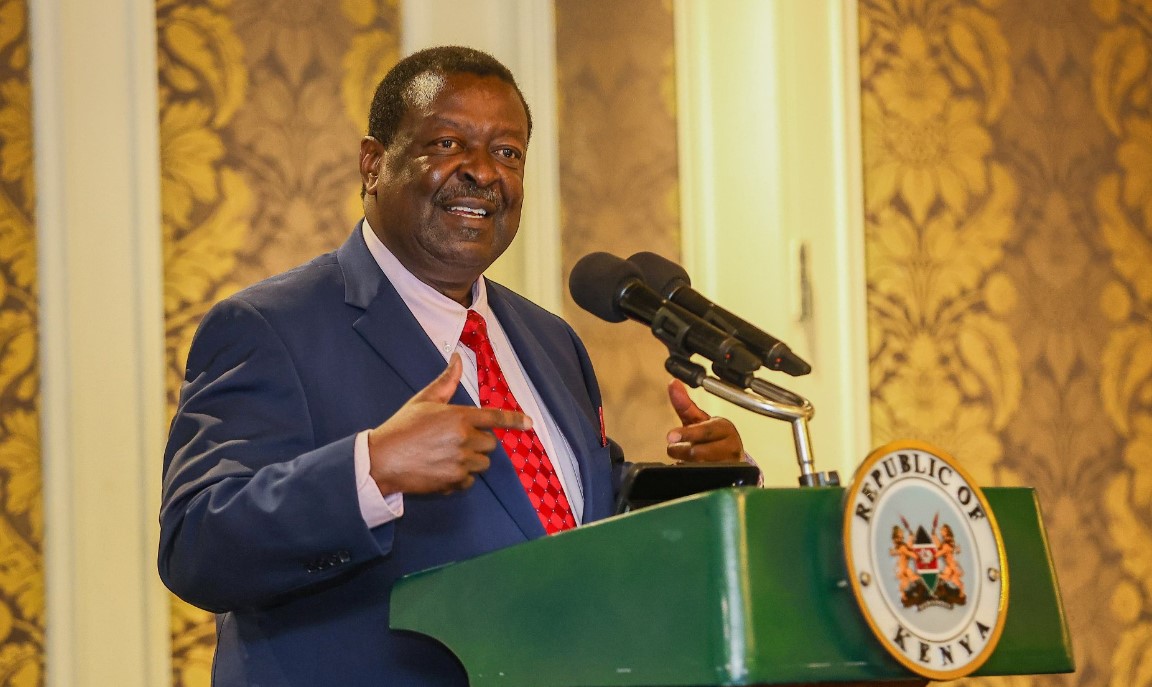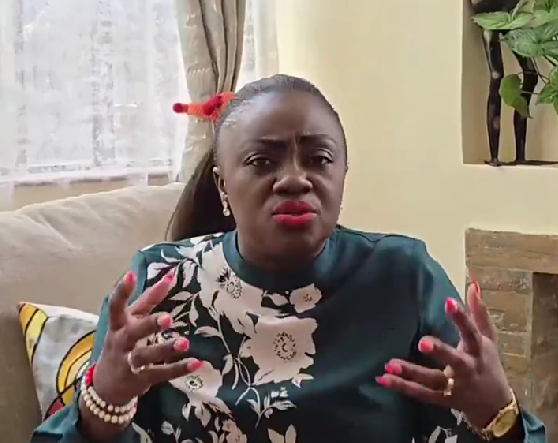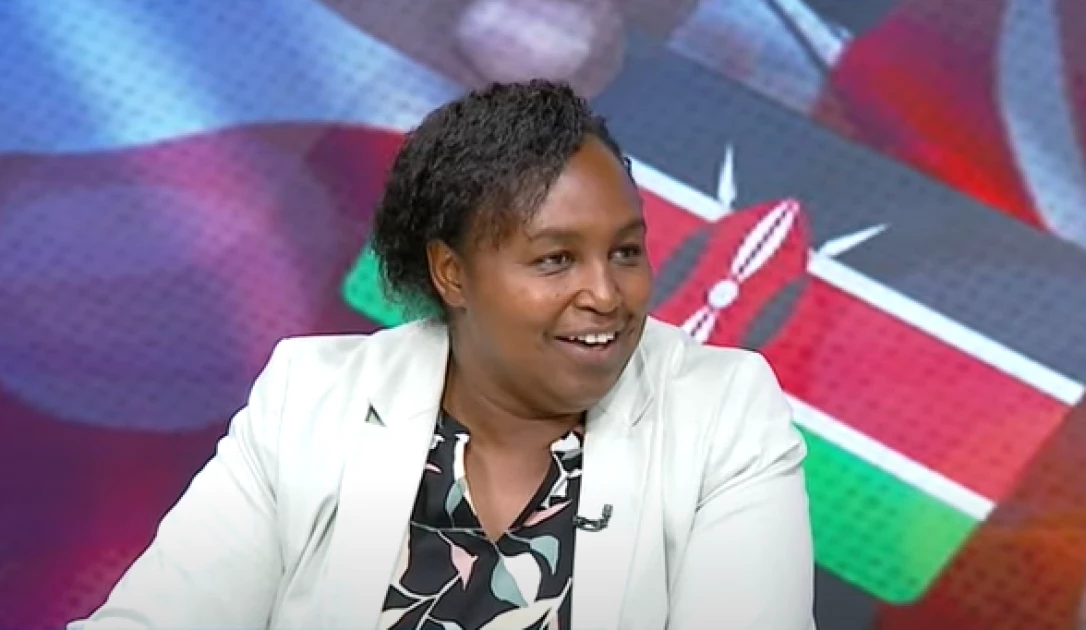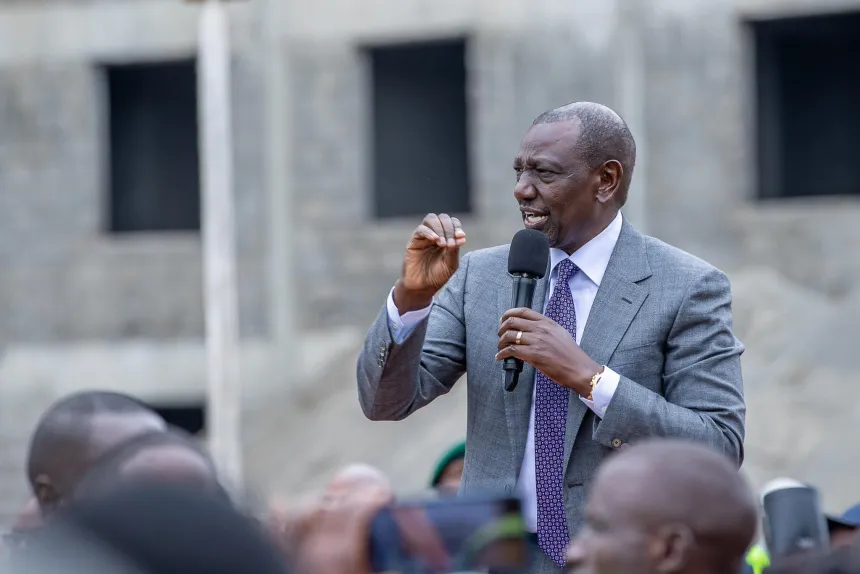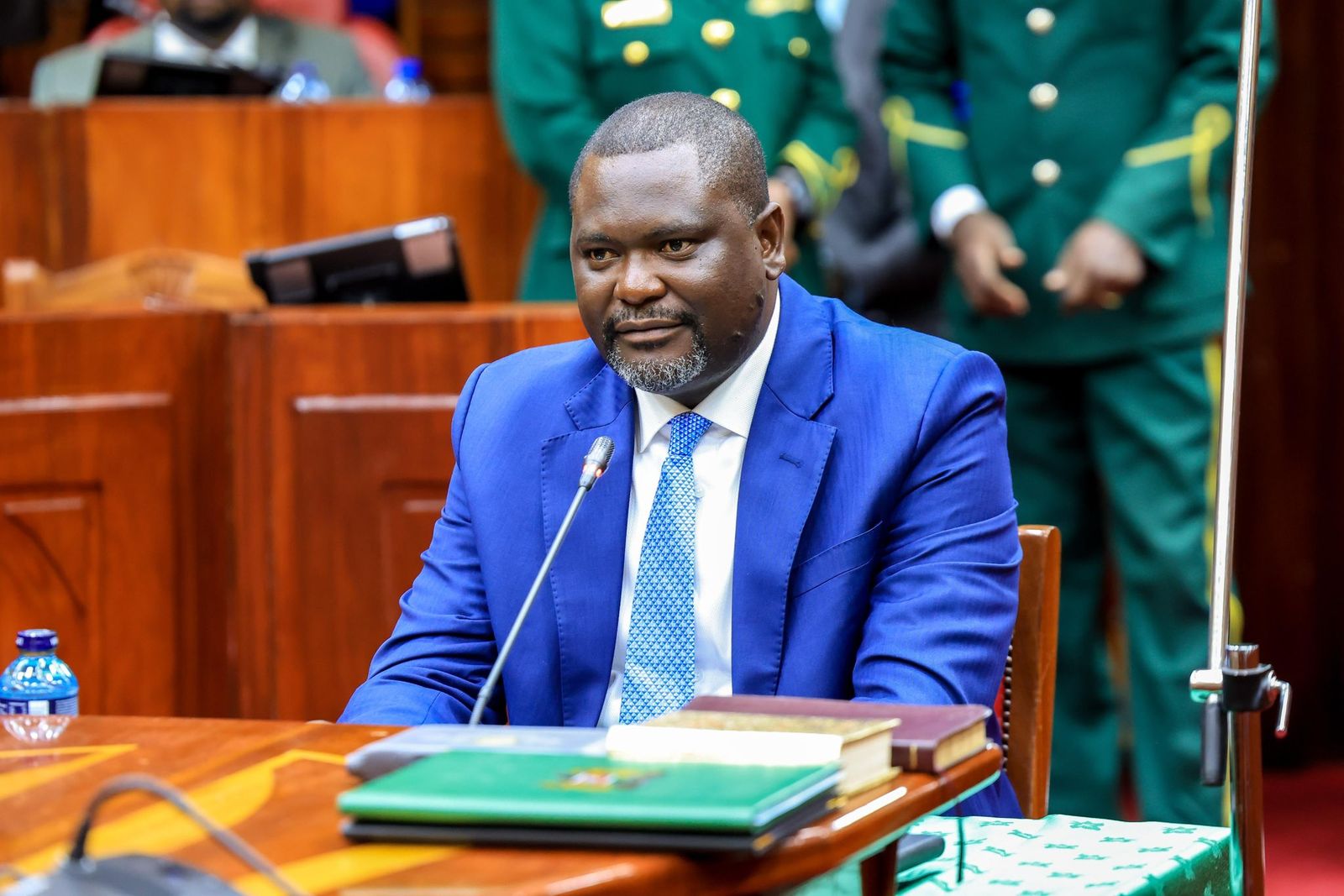Wamuchomba Declares Kenyans Have Moved On from Ruto’s Leadership
Githunguri MP Gathoni Wamuchomba has declared that Kenyans have lost faith in President Ruto’s leadership. She accused his government of corruption, economic mismanagement, and repression. Wamuchomba urged Ruto to prepare for an honorable exit by 2027.
Gathoni Wamuchomba: We have already finished with President Ruto. We are just allowing him to pack slowly and leave #CitizenDayBreak Sam Gituku
Posted by Citizen TV Kenya on Monday, July 14, 2025
Githunguri Member of Parliament Gathoni Wamuchomba has launched a stinging criticism of President William Ruto, saying Kenyans are “done” with his leadership and are only waiting for him to “pack and leave” when his term ends. Speaking during an interview on Citizen TV, Wamuchomba claimed the country had lost hope in the Kenya Kwanza administration due to worsening economic conditions, rising youth frustration, and rampant misuse of public resources.
“Politically, we are done with President Ruto. We are just allowing him time to pack slowly and leave honourably through the constitution,” Wamuchomba declared. She accused the president of overseeing a corrupt government that has looted public coffers while ordinary citizens continue to suffer under high living costs and increasing unemployment.
Wamuchomba further insisted that Ruto’s chances of re-election in 2027 are virtually nonexistent, claiming that Kenyans have already made up their minds. She urged the president to focus on returning stolen public funds to fill existing budgetary gaps, which she says are crippling essential services and affecting the most vulnerable.
“The solution between now and 2027 is for President Ruto to return the money his government has looted,” she said. “That way, we can stabilize key sectors and give Kenyans a chance to breathe.”
The outspoken MP also turned her attention to Parliament’s diminishing oversight power, blaming the Executive for defunding crucial independent institutions. She highlighted bodies like the National Cohesion and Integration Commission (NCIC), the Ministry of Health, and the Higher Education Loans Board (HELB) as victims of government budget cuts, warning that their inability to operate fully undermines accountability.
“In the next budget, Ruto must let Parliament work freely and restore funding to institutions tasked with keeping his government in check,” she urged. “These agencies were created to ensure transparency, but this government has intentionally weakened them.”
Wamuchomba also expressed concern over growing public anger, particularly among the youth and retirees. She said the government’s failure to address the needs of these groups has created a volatile environment, which could explode if not handled with care. “He has two years to calm the nation, fix broken systems, and restore dignity to public service,” she emphasized. “Otherwise, history will remember him for failure and repression.”
She did not hold back in criticizing President Ruto’s harsh rhetoric during recent anti-government protests. Reacting to his directive for police to “shoot and break the legs” of violent demonstrators, Wamuchomba condemned the statement as reckless and unpresidential.
“You are not a village elder. You are the President of the Republic of Kenya. Speak with dignity and leadership,” she said. “Calling citizens ‘those people’ shows disrespect to the very voters who put you in power.”
Last week, President Ruto addressed rising unrest, warning unnamed individuals against attempts to remove his government through unlawful means. He insisted that Kenya remains a democratic state and that leadership change must happen through the ballot box in 2027. “Let them try. It won’t happen. We will not allow violence to dictate our future,” the President stated during a public address in Nairobi.
Wamuchomba’s comments reflect a growing tide of disillusionment from both citizens and some leaders within Ruto’s own political circles. As pressure mounts, the coming months may test the strength of Kenya’s democratic institutions and the government’s ability to respond to public grievances.


.jpg)

